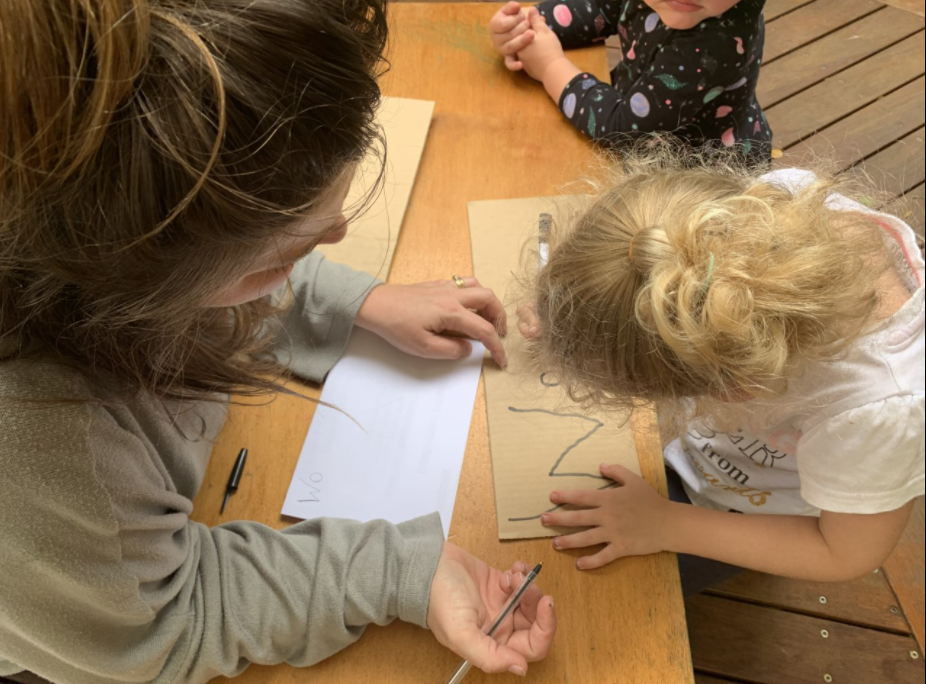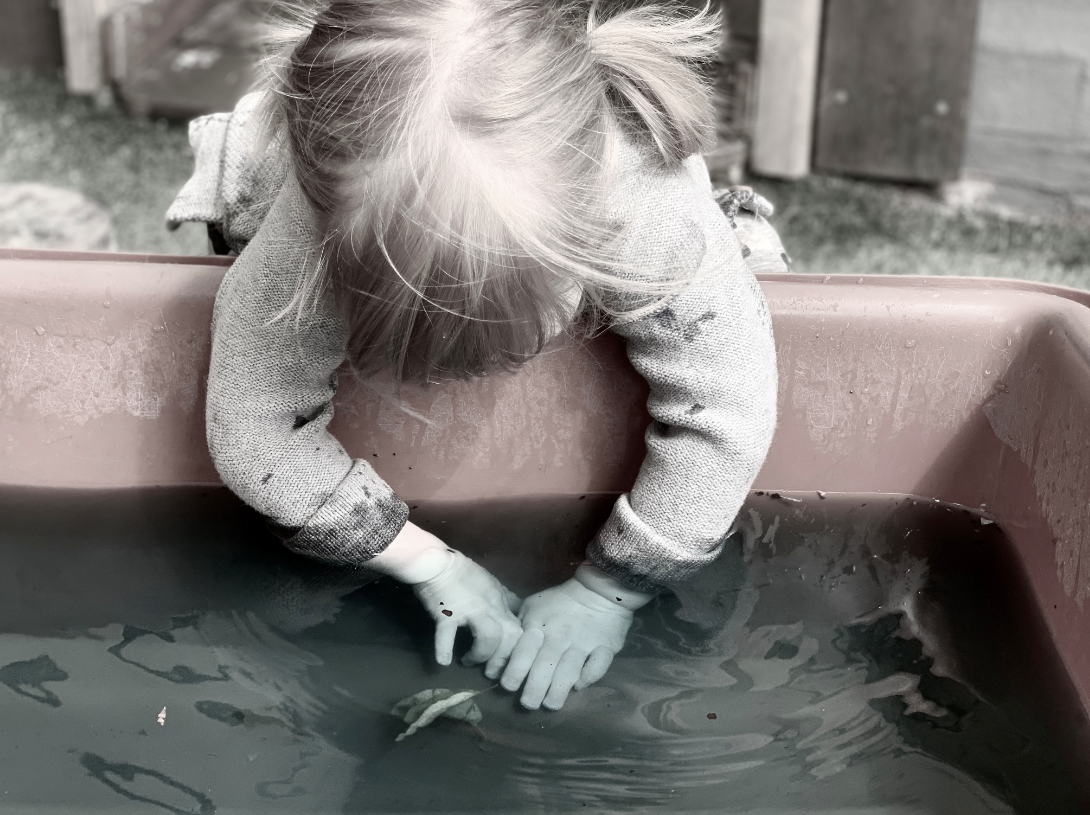Curriculum
HOW WE WORK TOGETHER ON YOUR CHILD’S DEVELOPMENT AND LEARNING...
Programming and curriculum is a very important aspect of caring for your child. The curriculum we follow is the Early Years Learning Framework (EYLF) the theme for Birth to 5 years "Belonging, Being, Becoming”. It is stated in the Regulations and National Framework that we need to follow this curriculum. Information can be found of the DEEWR (Department of Education, Employment and Workplace Relations) website about EYLF: http://deewr.gov.au/early-years-learning-framework. Information is also displayed in the rooms about the EYLF.
““Children’s learning is dynamic, complex and holistic.
Physical, social, emotional, personal, spiritual, creative,
cognitive and linguistic aspects of learning are
all intricately interwoven and interrelated.”
EYLF p.9
Programming is done on a daily and weekly basis. In our rooms it is clearly displayed. Please feel free to add input in the general comments and family input sections. It is a living document; we LOVE having your input. Please ask staff if you have any questions about how the programming works. Family partnerships and relationship is one of the seven key areas in the National Quality Framework, is in our governing documents and also embedded within our curriculum. It is an integral part of our service and we strive to involve families, make lasting relationships with our families. Your participation is key to the services' success.
“Observations” are taken of your child on a regular basis depending on how many days they attend. These observations are noted by their focus educators and then placed into their electronic play journals. They document your child’s learning and progression during their time at MELC.
Goals are then set in collaboration with families to measure how your child is developing. We link each observation to the EYLF and monitor how they are achieving their goals. Staff also scaffold or build upon your child’s learning by adding resources, adding provocation and assisting them with developing their ideas.
One other concept that is important is ‘play based learning’. Play based learning is described in the EYLF as 'a context for learning through which children organise and make sense of their social worlds, as they actively engage with people, objects and representations'. It is essential we allow children to explore their environment through play.
““Children’s learning is ongoing and each child will progress
towards the outcomes in different and equally meaningful ways.
Learning is not always predictable and linear.”
EYLF p.19






